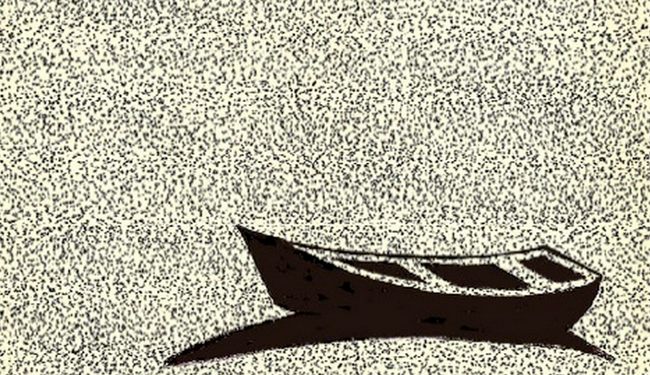Why Lawyers Kill Themselves

The Article: Why lawyers are prone to suicide by Patrick Krill in CNN.
The Text: If you accept that all human life has value, and that suicide is a cruel and devastating end, you might conclude that a segment of society whose members are three to six times more likely to kill themselves might deserve some extra attention and resources. Makes sense, right? Of course.
Now, does your answer change at all if I tell you that the group I’m referring to is lawyers? Be honest. And no, this isn’t the setup for a punch line.
Sometimes revered and sometimes reviled, lawyers are both the guardians of your most precious liberties and the butts of your harshest jokes. Inhabiting the unique role of both hero and villain in our cultural imagination, lawyers play a key part in the proper functioning of society while also repelling any tendencies for people to feel sympathy or compassion toward us as human beings.














